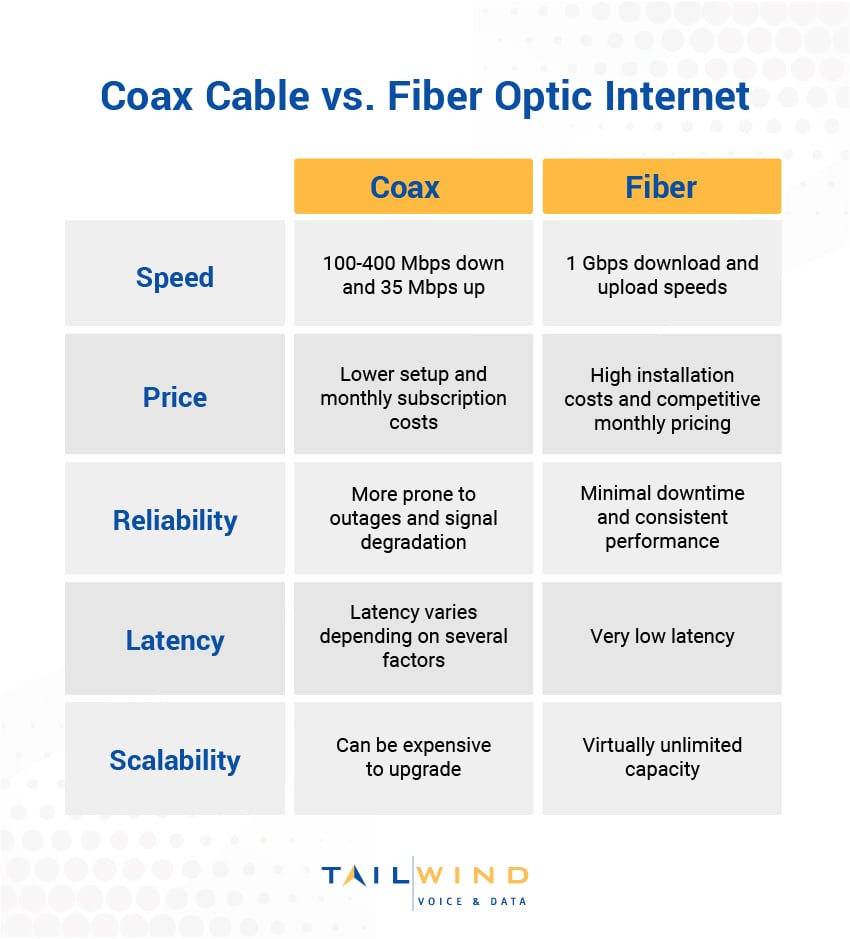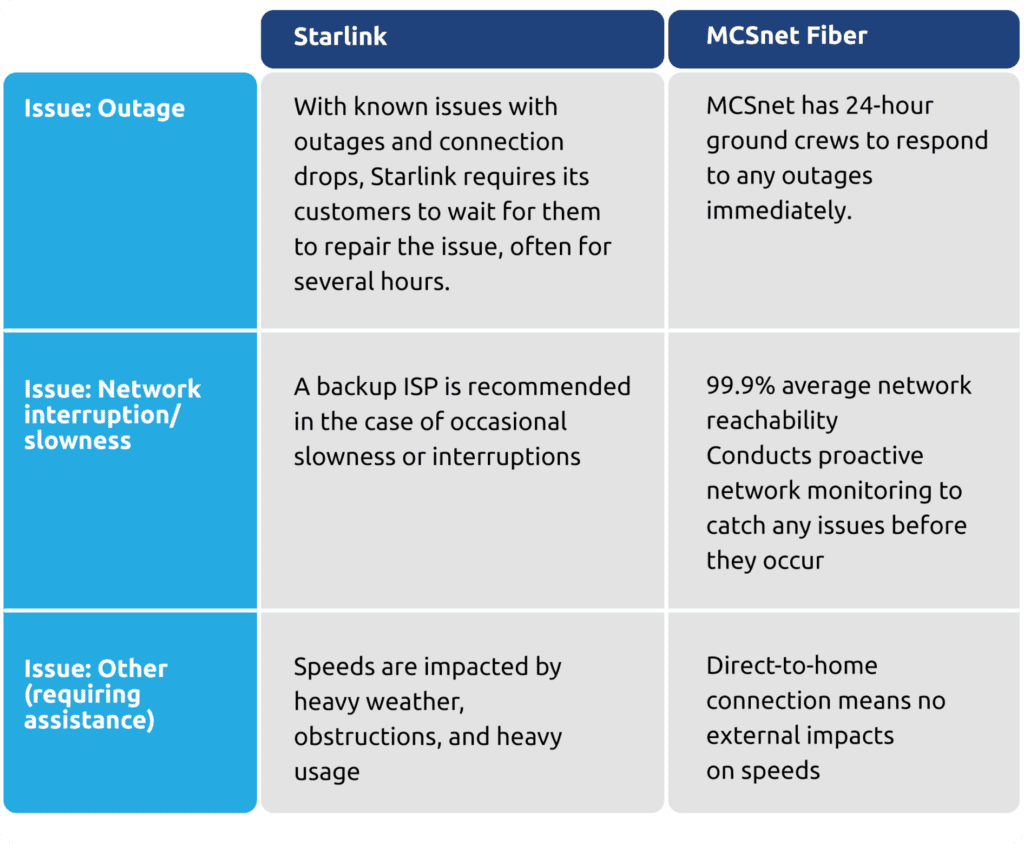The Rise of Fiber Internet: A Deep Dive into the Pros and Cons for Residential Use
Fiber internet has emerged as a leading technology for high-speed internet access, offering a significant leap forward in terms of speed, reliability, and bandwidth. However, like any technology, it comes with its own set of advantages and disadvantages. This article will delve into the pros and cons of fiber internet for residential use, helping you make an informed decision about your internet service options.
1. Unparalleled Speed and Bandwidth
The most significant advantage of fiber internet is its incredible speed. Fiber optic cables transmit data using light signals, resulting in significantly faster download and upload speeds compared to traditional technologies like DSL or cable. This translates to:

Faster downloads: Enjoying high-definition movies, streaming 4K content, and downloading large files in a fraction of the time.
2. Superior Reliability and Stability
Fiber optic cables are less susceptible to interference from external factors like weather, electromagnetic fields, and nearby electrical equipment. This translates to:
Reduced outages: Fewer service interruptions due to weather events or equipment failures.
3. Future-Proof Technology
Fiber internet is a future-proof technology that can easily accommodate the increasing demands of modern internet usage. As technology evolves and new applications emerge, fiber will continue to provide the necessary bandwidth and speed to support them. This means:

Prepared for the future: Your internet connection will be ready for emerging technologies like virtual reality, augmented reality, and the Internet of Things.
4. Enhanced Online Gaming Experience
For avid gamers, fiber internet offers a significant advantage. The low latency and high bandwidth provided by fiber connections result in:
Reduced lag: Experience smoother gameplay with minimal lag, ensuring a competitive edge.
5. Increased home Value
Having fiber internet access can increase the value of your home. Prospective buyers are increasingly seeking high-speed internet connectivity, and the presence of fiber can make your property more attractive to potential buyers.
1. Limited Availability
One of the main drawbacks of fiber internet is its limited availability. Fiber optic infrastructure is still being rolled out across many regions, and it may not be available in all areas.
2. Higher Costs
Fiber internet service can be more expensive than traditional options like DSL or cable internet. Installation costs may also be higher, depending on the distance between your home and the nearest fiber optic line.
3. Potential for Installation Challenges
Installing fiber internet can sometimes present challenges, particularly in older homes or buildings. This may involve trenching across properties or drilling through walls, which can be disruptive and potentially costly.
4. Limited Service Providers
In some areas, there may be limited competition among fiber internet service providers. This can result in fewer choices and potentially higher prices for consumers.
5. Environmental Concerns
While generally considered environmentally friendly, the manufacturing and installation of fiber optic cables can have some environmental impact. However, the long-term energy efficiency of fiber technology can offset these concerns.
Fiber internet offers a compelling set of advantages for residential use, including unparalleled speed, superior reliability, and future-proof capabilities. However, it’s important to consider the potential drawbacks, such as limited availability, higher costs, and potential installation challenges.
Ultimately, the decision of whether or not to choose fiber internet depends on your individual needs and priorities. If you require high-speed internet for demanding applications like online gaming, streaming, and video conferencing, fiber internet may be the ideal choice. However, if availability and cost are major concerns, you may need to explore other options.
By carefully weighing the pros and cons, you can make an informed decision about the best internet service for your home.
